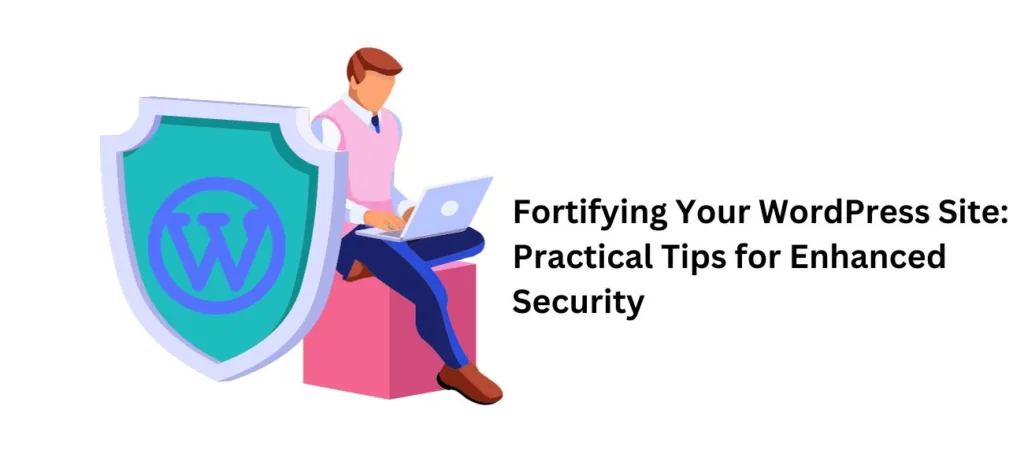No one wants a rehash of hackneyed phrases, so let me keep it real: Ignoring the security of your WordPress site is like leaving your front door wide open. You’re essentially rolling out the red carpet for uninvited guests, and these guests don’t come bearing gifts. Instead, they’re cyber villains seeking to steal your data or disrupt your service.
Understanding WordPress Security Fundamentals
Consider WordPress’s security fundamentals the sturdy lock on that front door. In the WordPress universe, the core serves as the heart and brain of your site. It’s like your own personal Stark Tower (Marvel fan, anyone?) full of your site’s essential software.
WordPress Core: Protecting the Central Mechanism
By keeping your WordPress core updated, you’re essentially fortifying the mechanism of your site. Of course, you want to ensure these updates are handled correctly, so they don’t end up being an Achilles heel. For instance, always confirm the compatibility of new updates with existing themes or plugins before installing them.
Themes and Plugins: The Usual Suspects
Nulled themes, or themes and plugins that are offered for free despite being premium, cranked by miscreants serve as trojan horses. They can lead to harmful instances of hacking, malware, and viruses. So, be that eco-friendly person who properly disposes of garbage, and throw these threats into the trash.
As always, monitor how you handle these elements. Review all needs before installation, and do regular housekeeping: update when necessary, and remove unused ones sprucely.
User Access: Control Who Enters Your Site
Think of controlling user access like screening potential roommates. It’s essential to clearly define roles and permissions. Also, encourage, or rather enforce, the use of strong passwords to fortify your site security. It’s much like insisting that your roommate doesn’t keep a spare key under the welcome mat—too obvious, right?
Implementing Advanced WordPress Security Measures
Web Hosts: Choosing the Right Guardian for Your Site
Selecting the right web host for your WordPress site is like choosing a knight to guard your castle. Not just any old knight from the tavern, but the one with shining armor and a fierce warhorse. In reality, a decent web host should provide secure software, run backups, and ward off common security threats.
SSL Certification: Securing Data Transfer
Adding an SSL certificate to your WordPress site is essentially putting a seal on your messages, ensuring only the intended recipient can read them. So, it becomes like that secret code language you used as a kid with your best mate.
WordPress Security Plugins: Extra Layers of Protection
Think of adding a reliable WordPress security plugin like hiring your very own Batman for your Gotham city (which, in this case, is your website). These plugins are designed to keep tabs on your site, monitoring activities, and repelling threats.
Routine Maintenance for Continual WordPress Security
Regular Backups: Ensuring the Availability of a Plan B
Backups are like that extra tire in your trunk— crucial for when you get a flat in the middle of nowhere. Similarly, regular backups can function as life-saving tools in the event of an unforeseen cyber misfortune.
Monitoring and Logs: Keeping an Eye on Your Site
Keeping a vigilant eye on your site behavior is like being that nosy neighbor peering through the blinds—except in this case, it’s not considered creepy but rather essential.
Staying Informed: Keeping Up With WordPress Security News
Given the swift progress in technology, you must stay updated on the latest WordPress security news. Imagine if you were still relying on a Nokia 3310 in this iPhone generation. Outdated, right?
Frequently Asked Questions
As you journey through ensuring your WordPress site’s security, you may encounter specific challenges. So, I’ve addressed some common queries and offered some advice here. If you bear with me, you’ll soon get the hang of it and be warding off those pesky cyber bugs like a pro.
Conclusion
Remember, I’m rooting for you—the valedictorian in the School of WordPress Security. Now, go proactively fortify that cyber fortress, dear denizen of the Internet!

